
Introduction
Turmeric is a plant native to South Asia and belonging to the ginger family of herbs. It shares some ofthe qualities of ginger, cardamom and galangal. The taste is slightly bitter,hot and peppery while the smell resembles that of mustard. Being an ingredientof the curry dish, it is used as a spice in Asian, African and Middle Easterncuisine. In Medieval times it was referred to as Indian saffron. Turmeric can be found in pickles, cheese, margarine and mustardas a food preservative or coloring.
Health benefits
Apart from its use in cooking, turmeric has long been valuedfor its medicinal properties.
Antiseptic andanti-bacterial action. Due to these qualities, turmeric is used as a disinfectantof wounds, such as burns and cuts. Three cups of turmeric tea per day canprovide relief from symptoms associated with acne inversa, a persistentinflammatory skin condition.Anti-inflammatoryproperties. Thanks to its anti-inflammatory characteristics, turmeric isused as an alternative to some pharmaceuticals without causing any sideeffects. The spice itself or its extract curcumin are used to alleviatepain in conditions such as arthritis, post-surgery recovery, migraines,headaches, menstrual cramps and others.Cancer prevention. Japanese researchers have declared curcumin, the main activecomponent of turmeric, an anti-cancer agent. Some types of melanoma were foundto be reduced thanks to the action of curcumin. The ingredient also proved to be helpful in the prevention of prostate cancer and the spread of breast cancerinto the lungs. It has been suggested that curcumin could also reduce the riskof leukemia in children.Degenerative diseases. Many people suffering from Alzheimer’s disease and otherforms of dementia were encouraged by the recent discovery that curcumin couldprevent these conditions.Digestive tract andliver. As a spice, turmeric promotes digestion while preventingbloating and gases. It regulates the digestion of fats by urging the liver’sproduction of bile and its elimination through the gallbladder. Adding turmeric to the cooking, particularly high-fat orhigh-protein dishes, or taking it in the form of tea or capsules 20 minutesprior to eating, benefits people suffering from chronic digestive disorders. Combined with other herbs, it is an ingredient of digestivebitters. Its anti-inflammatory characteristics help sooth the inflamedintestine and discomfort and itching accompanying hemorrhoids and fissures.In addition, it is used to treat diarrhea, colitis, Crohn’s disease and theeffects of food-borne illnesses.Depression and weightloss. Chinese medicine has used turmeric to fight depression andpromote weight loss, due to its power to increase the body’s metabolic rate.Diabetes and heartdisease. Laboratory trials showed that turmeric was able to decreasecholesterol and blood sugar in animals. Scientists expect human trials to confirm these results and prove turmeric effective in the prevention of diabetesand heart disease.Recommended doses foradults
Turmeric comes in the form of spice, tea or turmeric or curcumincapsule supplements. Small doses of bromelain or black pepper are recommendedfor better absorption of curcumin. Powdered root can be taken in daily doses from one to threegrams, while curcumin supplements are taken in doses of 300-800 mg three times a day.



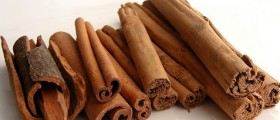



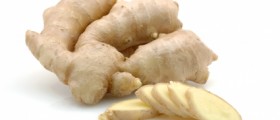



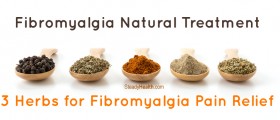
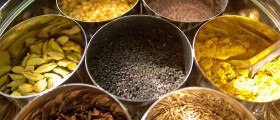
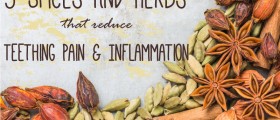
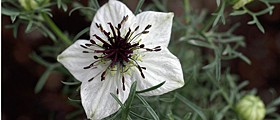
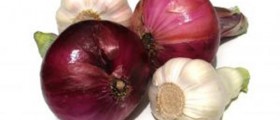

Your thoughts on this
Loading...